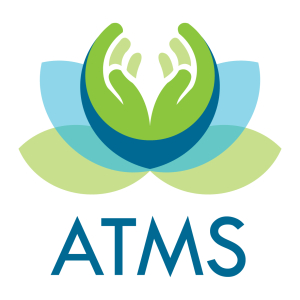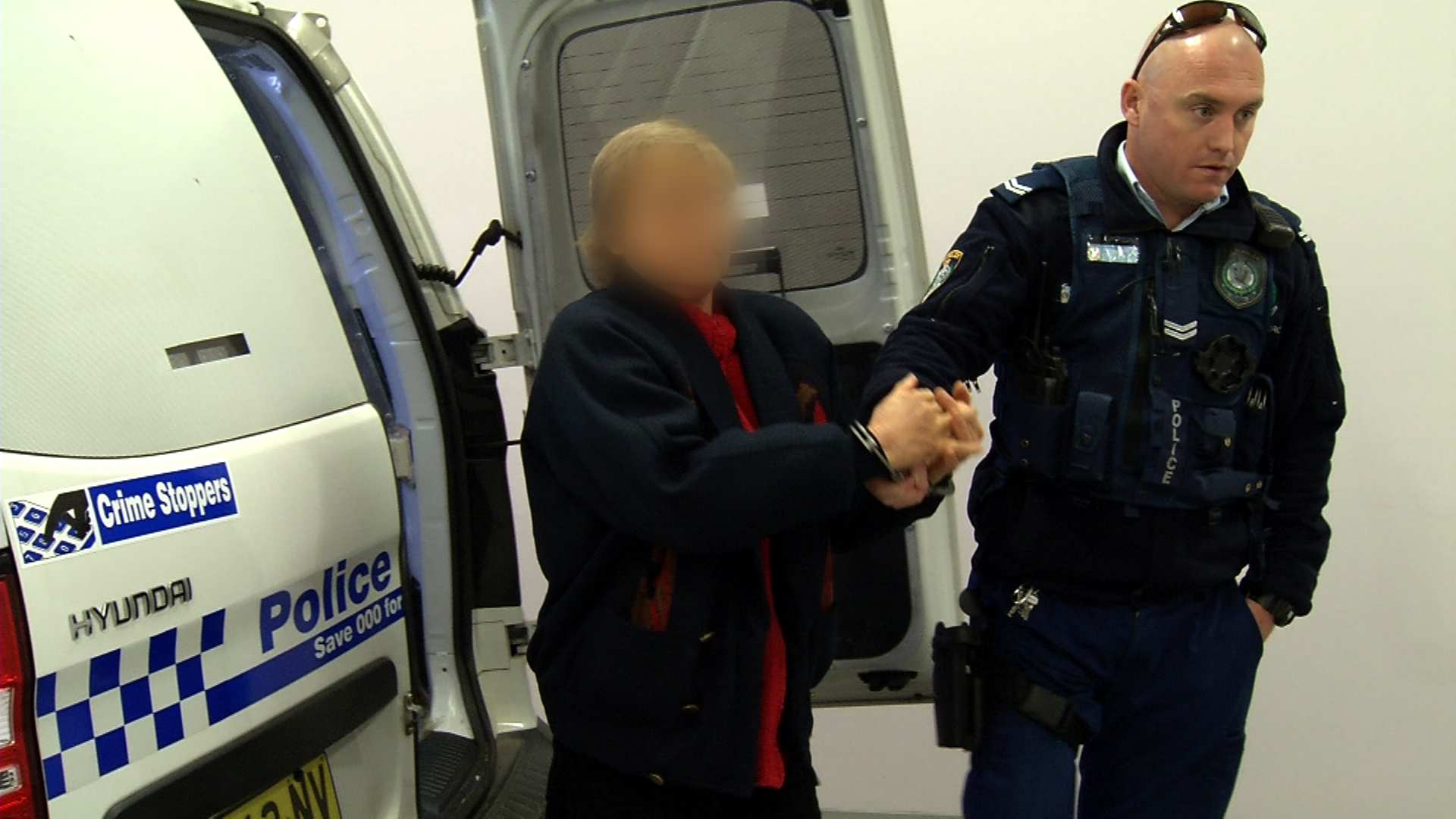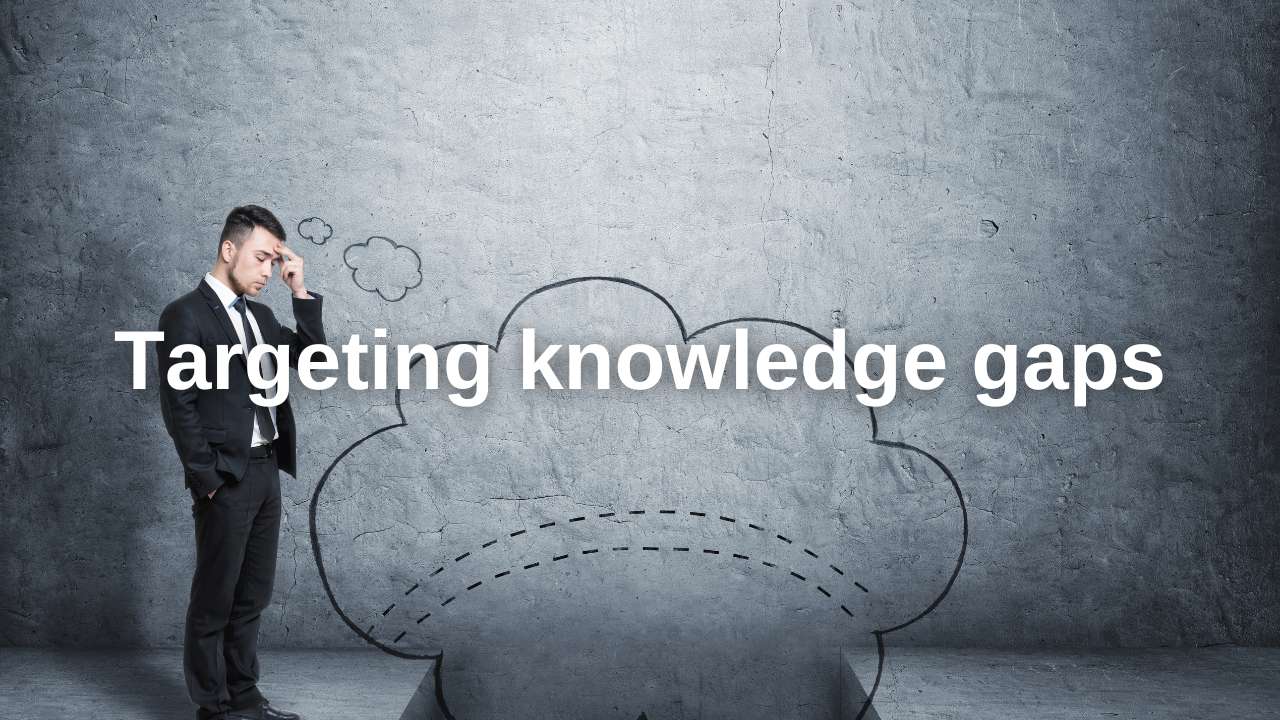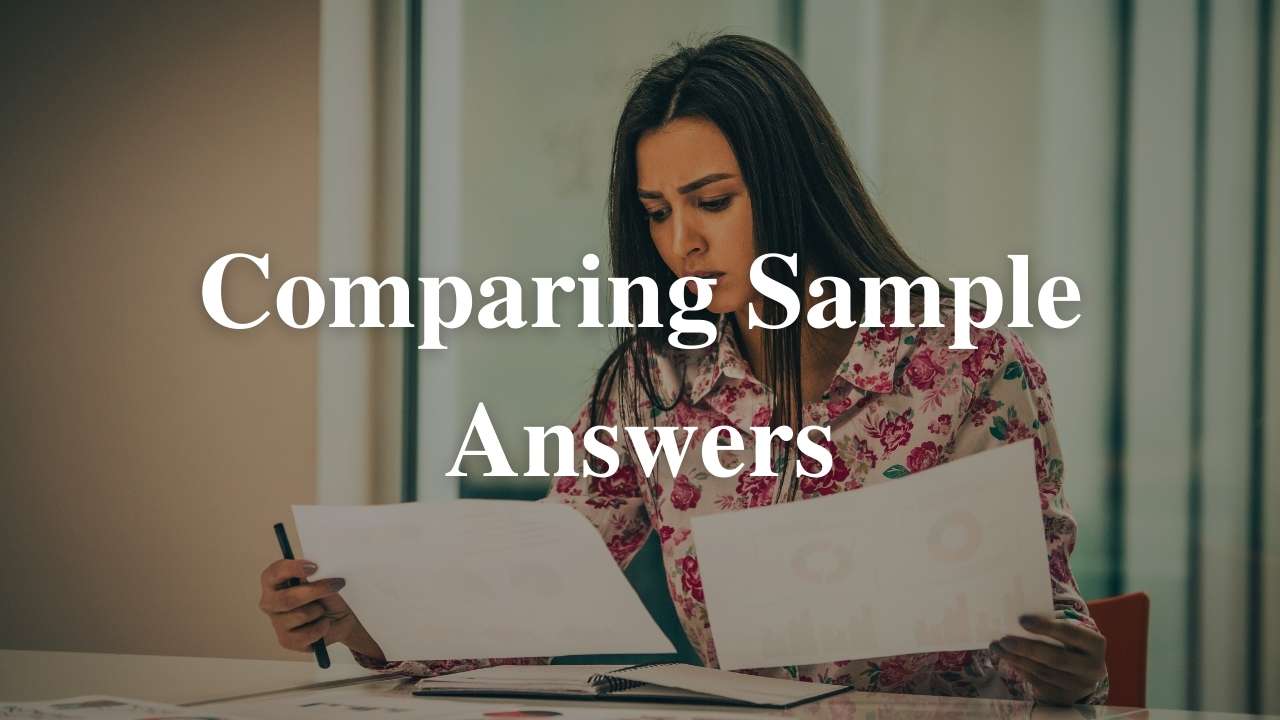Recently a mother was arrested for neglecting her baby boy along with her naturopath who had given her poor advice. The baby had lost 1 Kg in a month, which left the child malnourished and requiring emergency care at hospital. The greater issues raised on The Project was the need to regulate the alternative health care industry, which is a growing industry in Australia. This raises the issue for consumers about what they need to know in order to ensure their practitioner is giving good health care advice.
The HSC PDHPE syllabus states that you need to critically analyse alternative approaches to health by asking questions such as:
- how do you know who to believe?
- what do you need to help you make informed decisions?
In this scenario the questions should focus on qualifications, registration, getting a range of opinions, as well as becoming familiar with the type of practice sought.
The naturopath in this case was a qualified nurse, midwife and had a diploma in nature care. This definitely looks reasonable on paper as she is a qualified midwife treating an 8-month-old baby, but the diploma in nature care is small compared to other qualified naturopaths. Many naturopaths in Australia have a 3-4 year bachelor qualification from a private college or University. Notice that on the project they have a professor (very high academic University position) who is a naturopath himself providing advice and noting the unregulated nature of natural or alternative therapies.
 Secondly, there are registration bodies in Australia for alternative therapies such as Australian Traditional Medicine Society or Australian Natural Therapists Association. Any alternative therapist should be registered with a leading body to ensure they have the correct qualifications and continue to develop professionally through further learning.
Secondly, there are registration bodies in Australia for alternative therapies such as Australian Traditional Medicine Society or Australian Natural Therapists Association. Any alternative therapist should be registered with a leading body to ensure they have the correct qualifications and continue to develop professionally through further learning.
Seeking a range of opinions on a therapist, the health condition, and treatments advised is recommended. Asking previous clients about the success of treatments provided can be useful, but it is better to go to other health practitioners, whether they be other naturopaths, or Chinese Medical practitioners to gain a second opinion and advice on previous recommendations from other practitioners. It is important that your second opinion comes from a practitioner in the same or a similar field, as this enables you to get informed advice on the treatment, not just a new philosophy of treatment, as would come from a General Practitioner for example. This does not mean you cannot use them in gaining advice, just be aware that they will generally not know very much about the treatments being offered from other practitioners. This is one of the great strengths of The Project’s approach to this story.
Finally, the consumer themselves should conduct some research into the alternative health care field, so that they are aware of what treatments are often used, and who the registering bodies are. Finding out if there are tertiary qualifications and what level these are can also be of use. This research can be conducted on the internet, and sites such with high end domains such as edu being more trusted than others, as they are educational sites.






